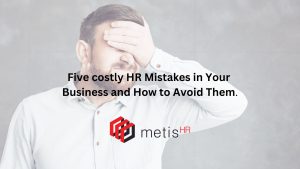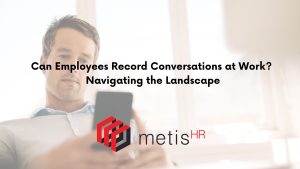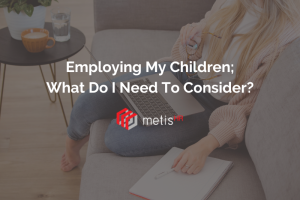
Five costly HR Mistakes in Your Business and How to Avoid Them.
Running a business comes with its share of challenges. When it comes to managing human resources, the stakes are high. In this blog, we’ll look
Articles

Running a business comes with its share of challenges. When it comes to managing human resources, the stakes are high. In this blog, we’ll look
Employment contracts are legally binding agreements. They play a pivotal role in protecting your organisation’s interests while promoting transparency, compliance and productivity. Read this article

When you have been left covering the work of someone who has phoned in sick, it quickly focuses your mind as to the importance of

In the modern workplace, where technology connects with business operations, questions about privacy, legality, and employee rights often arise. One such question is can employees
In 2023, safeguarding in recruitment for children and vulnerable people services remains a critical challenge for organisations. When recruiting for posts working with this group

Why do clients use Metis HR? Metis HR is a well-regarded HR service provider based in Rossendale known for its expertise and comprehensive range of

Salon owners experience a unique set of HR concerns specific to the hair and beauty industry, in addition to the more general HR issues that

Family businesses are tricky things at the best of times. Running a business in itself is hard, without throwing in the added complication of familial

There are many HR Myths that are simply that, myths. They are not true. Some of these HR Myths are focused on what you can’t
Are you wondering how to talk to an employee about their mental health? If you need support dealing with an employee’s disclosure we’ve set out
Categories
Copyright © 2020 Metis HR Ltd. Registered Company No: 07554123. All Rights Reserved
Website by Thomas Cole Digital